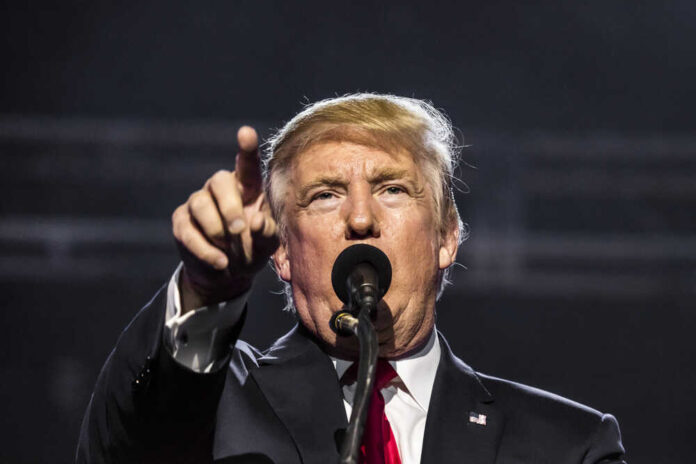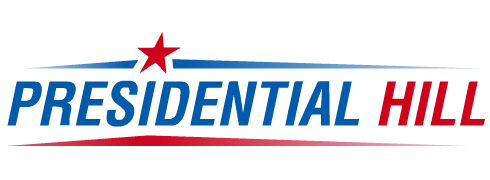
On Friday, Judge Arthur Engoron handed down a 92-page ruling that may deliver a lasting financial and legal hit to Donald Trump’s commercial empire. Not only was Trump forced to pay $355 million, but he and his family were also temporarily barred from leading their own companies or applying for funding.
The sanctions, which New York Attorney General Letitia James praised as appropriate measures to ensure this fraud cannot continue, have put the Trump Organization in a state of legal, financial, and human uncertainty. This comes when the former president launches an expensive presidential campaign while facing continuing legal fights.
Attorneys for Trump want to challenge the decision, claiming that courts of more extraordinary jurisdiction would overturn Engoron’s decision.
The Trump team has promised to take Engoron’s decision to the First Judicial Department of New York’s Appellate Division for further review. Last year, the court gave Trump a head start in his appeal by halting the termination of Trump’s company certifications, as Engoron had ordered in his summary judgment opinion from September.
Friday, Engoron changed his mind about the punishment, rescinding part of his previous judgment but subjecting the Trump Organization to an impartial monitor for at least three years.
Much of Engoron’s extensive judgment was devoted to discussing the case’s facts, including comprehensive sections devoted to each witness’s evidence. If Trump’s first appeal fails, he may seek the opinion of New York’s Court of Appeals, which may prolong the appeal process by many years.
The former president’s namesake company is dealing with problems, starting with a leadership vacuum, even if Trump’s attorneys are optimistic about their potential appeal.
To increase independent control, Engoron directed Judge Barbara Jones to continue monitoring the corporation and establish a director of compliance. Even if Trump’s appeal reduces Engoron’s penalties, the ex-president may have to sell some valuable properties to pay them.














